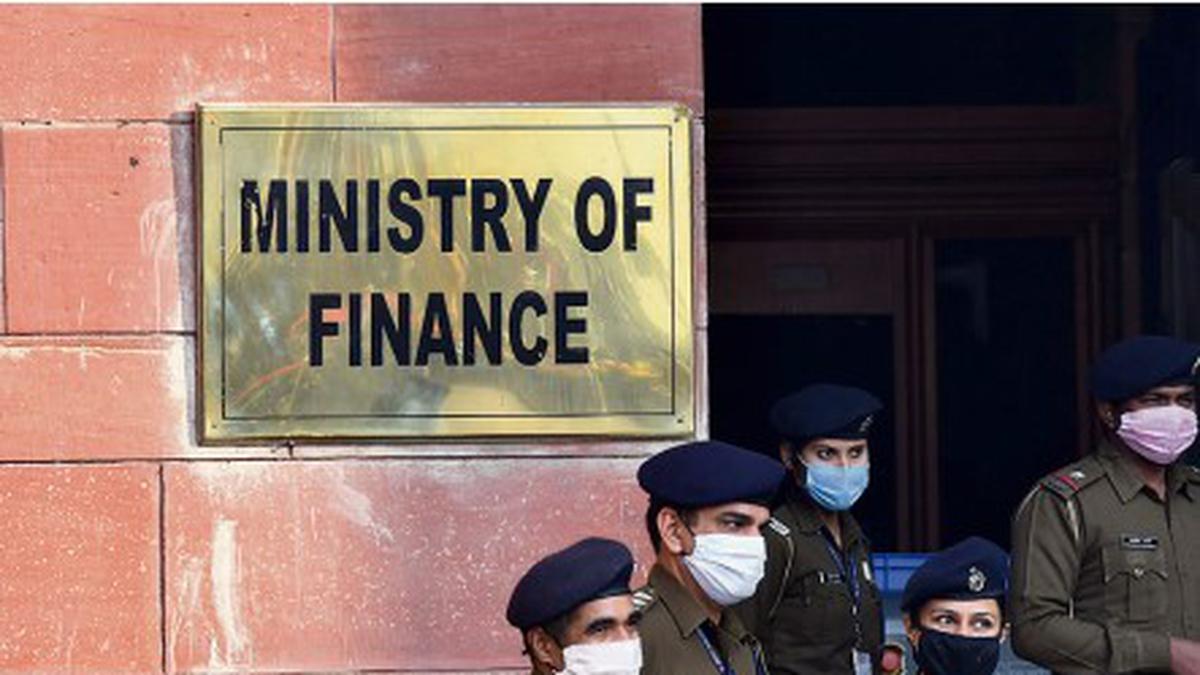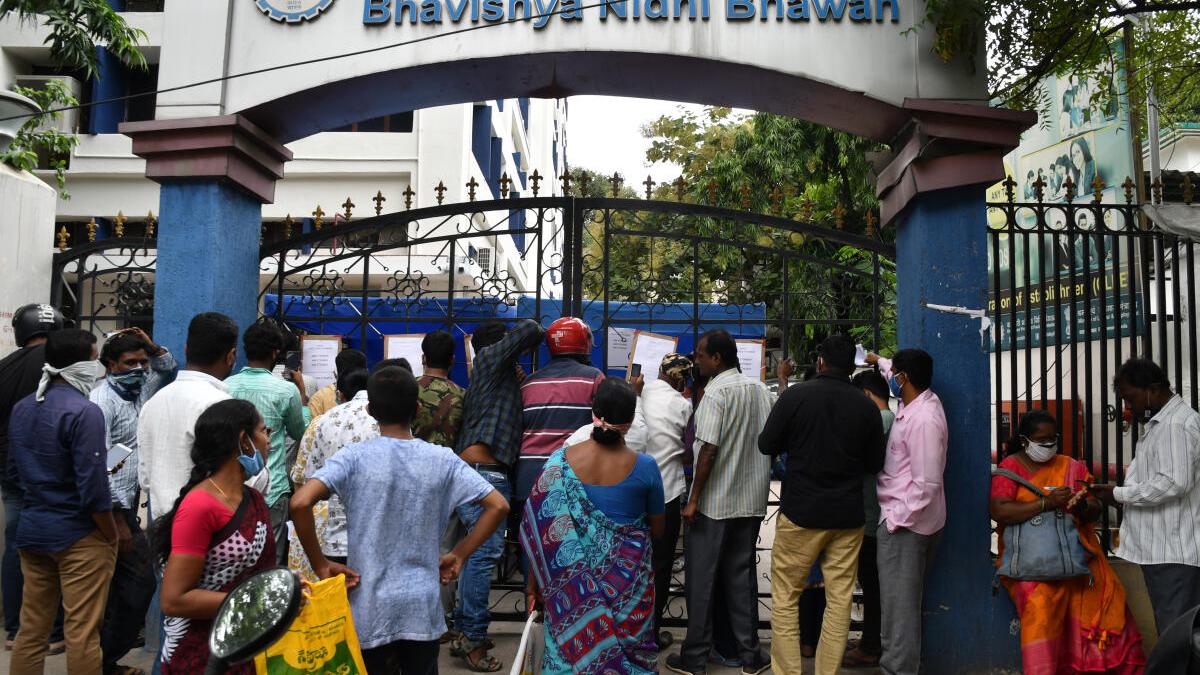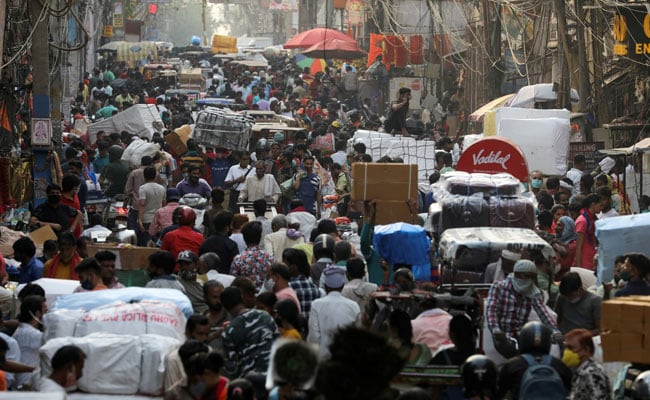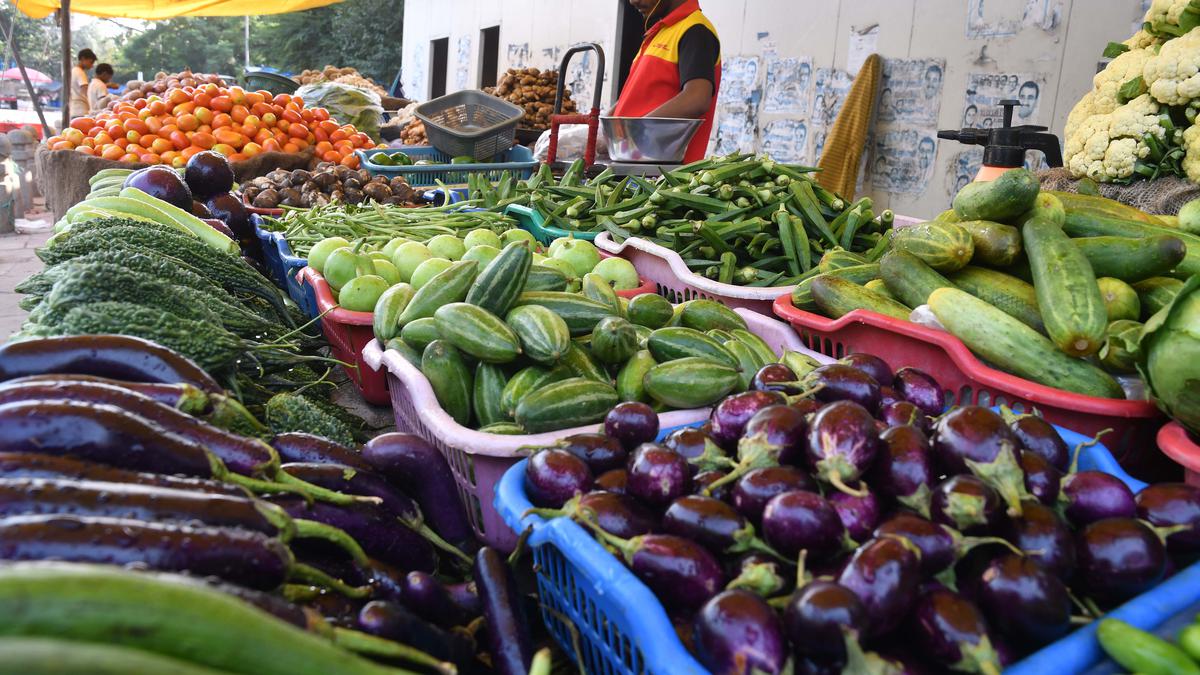An apple orchard at Fagu village in Shimla.
| Photo Credit: PTI
The apple season has started in Himachal Pradesh. This year is especially significant as a new practice has come into force: the State’s key horticulture crop is being sold by weight instead of the established practice of being sold per box. While this decision has been widely hailed by apple growers, it has been reluctantly accepted by commission agents and middlemen.
For a long time, the apple growers of Himachal Pradesh had been demanding that apples be procured in markets (mandis) on the basis of kilogrammes and not per box. This is because they would invariably sell their produce according to the defined weight of the box and not the real weight of the produce, which is usually above the defined weight. This resulted in losses for apple growers. The key problem was that there were no standard cartons in which the apples were packed.
The woes of apple growers began when wooden apple boxes were replaced in the late 1990s with cardboard-based telescopic boxes. The wooden boxes were not flexible, which meant that the quantity of apples in every box would remain the same (around 20 kg). However, with the advent of flexible telescopic cartons, boxes with a capacity of 20-24 kg each would end up in mandis with the produce weighing 30-35 kg at times. The apple growers complained that commission agents would arm-twist them into “over-weighing” the box. The commission agents, they said, would threaten not to buy the produce saying the apples were “loose or low grade” (small/poor quality) unless the grower compensated them by stuffing the box with extra apples. This would help the agents get more produce and make an additional profit after selling it to traders. The growers were left with no choice given the perishable nature of apples and the absence of an adequate number of controlled atmosphere chambers to store apples.
The commission agents assert that they are not against the government’s decision and that in the “interest of growers,” they are ready to procure apples by weight. But the problem, they say, is that in markets outside the State, apples are being procured per box. As a result, they assert that they are suffering huge losses. The State Arhtiya (commission agents) Association has made it clear that after the ongoing marketing season is over, they will clearly spell out their concerns.
After coming to power last December, the Sukhvinder Singh Sukhu-led Congress government held several rounds of talks with all the stakeholders. On April 6, 2023, the government issued a notification under the Himachal Pradesh Agricultural and Horticultural Produce Marketing (Development and Regulation) Act, 2005, which stated that apples brought in boxes to all the fruit markets of the State would be sold on the basis of weight, which would also include the weight of the packing material. The maximum limit of the weight of the box has been set at 24 kg. Influential commission agents resisted this and went on a symbolic strike for a day. This led to a tussle between apple growers and commission agents. The State government eventually prevailed by putting its foot down and saying that apples would be sold by weight instead of by box in the ongoing season.
Apple is the most important fruit crop of Himachal Pradesh. It constitutes about 49% of the total area under fruit crops and about 85% of the total fruit production. The apple economy of the State is an estimated ₹5,500 crore-6,000 crore. This is why the government’s decision is being seen as an attempt to woo voters in the apple belt, which is a politically significant area of the State, ahead of the 2024 general elections. The Lok Sabha polls will be a key test for the first-time Chief Minister, who recently led rescue operations from the front when floods wreaked havoc in the State. There are four parliamentary seats in the State: Mandi, Shimla, Kangra, and Hamirpur. Of the four, Shimla and Mandi seats have a substantial number of apple growers who will benefit from the government’s decision. Politically, the State is divided into upper and lower Himachal. Most of the apple growers belong to the upper Himachal region. They are the beneficiaries of Mr. Sukhu’s decision. The Chief Minister’s home town, Nadaun, is a part of lower Himachal. Therefore, Mr. Sukhu has signified that he is above regional politics and is taking decisions that are in the best interests of apple growers.










